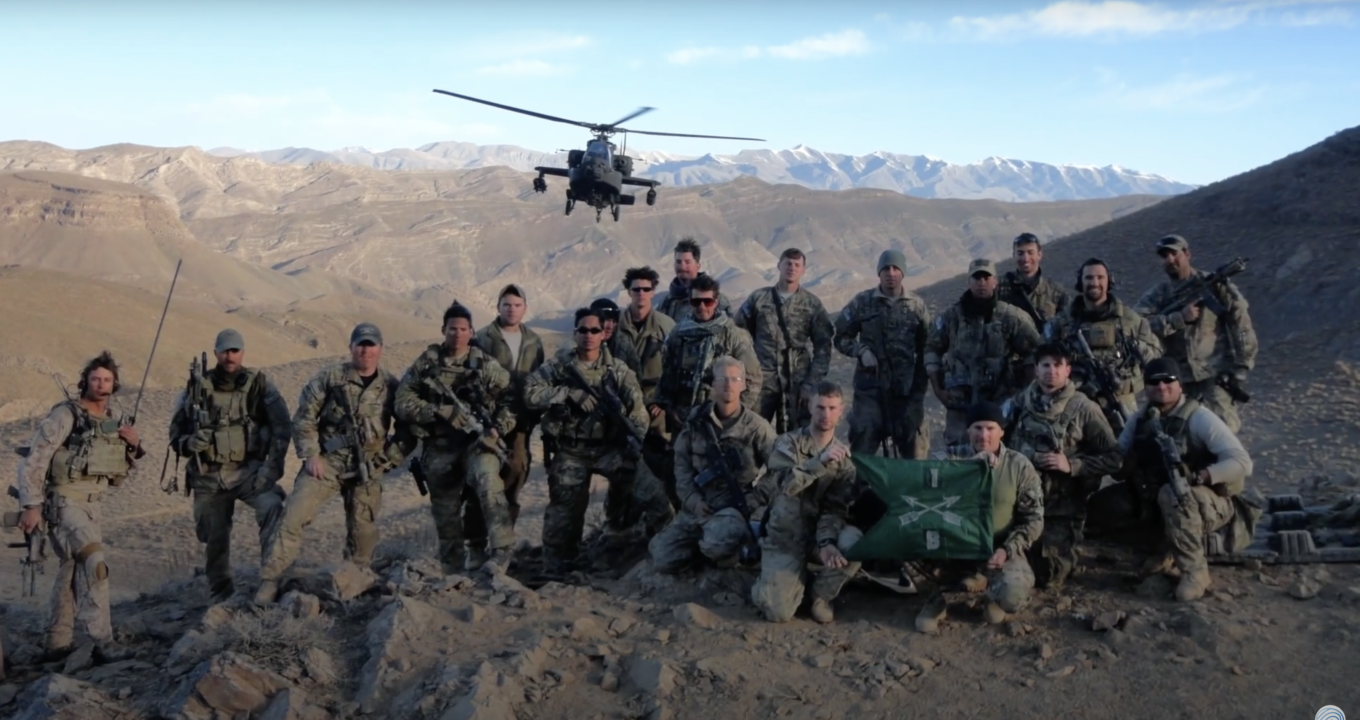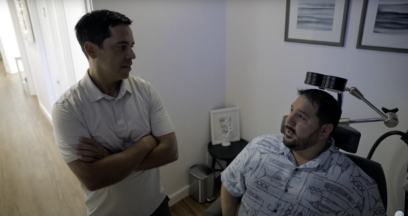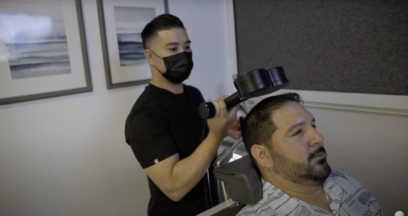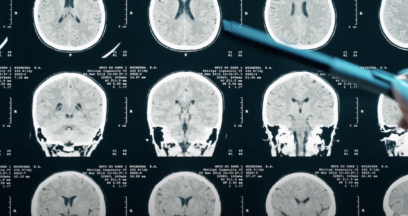
Healing Invisible Wounds: Brain Health Hawaii's Approach to Military Concussive Brain Injury
At Brain Health Hawaii, our team of experienced clinicians has treated hundreds of active-duty service members and veterans, providing comprehensive care to those suffering from the often-invisible effects of concussions and blast-related brain injuries.
Understanding the Injury
In the military, traumatic brain injuries (TBIs) frequently result from blast exposure, explosive shockwaves, or rapid deceleration forces — even when there’s no direct blow to the head. These events cause the brain to move within the skull, triggering complex neurological and metabolic changes. This includes:
- Axonal stretching or shearing, disrupting communication between brain cells.
- Microvascular injury, affecting blood flow and oxygen delivery.
- Mitochondrial and metabolic dysfunction, impairing the brain’s ability to produce energy.
- Neuroinflammation, which, when chronic, can damage brain tissue and connectivity.
Although symptoms can appear immediately, they often develop gradually over weeks or months, including headaches, dizziness, memory problems, mood changes, sleep disturbances, and difficulty concentrating. Left unaddressed, these injuries can contribute to chronic pain, depression, anxiety, PTSD, and even increased suicide risk.
Brain Health Hawaii: A Clinically Proven Approach
We provide science-backed, precision care. At Brain Health Hawaii, we go beyond symptom management. We assess and address the root causes of brain dysfunction through a comprehensive and personalized treatment model.
1. Brain Mapping (spectral analysis EEG)
We use advanced neuroimaging tools to create detailed maps of each patient’s brain activity. This non-invasive technology helps us:
- Measure brainwave patterns across regions of the brain.
- Identify areas of disrupted connectivity or abnormal electrical signaling.
- Detect patterns correlating with concussive injury, neuroinflammation, and dysregulation of cognitive and emotional processing.
This allows us to visualize functional disruptions that are not detectable on anatomical imaging (MRI or CT scans).
2. Biomarker Assessments
We incorporate laboratory testing to evaluate biological markers related to brain injury, including:
- Neuroinflammatory indicators
- Hormonal and endocrine function, which is frequently disrupted after TBI
These biomarkers provide critical insight into the physiological impact of injury and guide precise, individualized interventions.
3. Personalized, Integrated Treatment Plans
Using data from brain maps and biomarker analysis, we can create a custom treatment approach tailored to the individual’s specific brain patterns and symptoms. We practice beyond a "one-size-fits-all" because every service member has a unique history and profile.
Why It Matters
Military personnel are highly trained and highly exposed — not only to the physical dangers of combat but also to the neurological toll of repeated blast and concussive forces. Over time, many develop a cluster of challenges which may include:
- Memory and concentration problems
- Mood swings, irritability, and emotional numbness
- Sleep disturbance and fatigue
- Chronic pain and physical wear-and-tear
- Relationship and intimacy difficulties
- Substance use struggles
- Increased risk for depression, PTSD, and suicide
- These issues affect the individual, families, teams, and overall mission readiness.
Our Commitment
Our approach is guided by a truth based on longitudinal hands-on experience, clinical outcomes and follow-ups: these injuries are real, they are treatable, and early intervention matters. We understand the toll that TBI takes on our warriors and their families — because we’ve walked with them through their recovery.
If you or a loved one is experiencing changes in health, cognition, or mood after concussive injuries, you are not alone — and help is available. At Brain Health Hawaii, we’re equipped with experience, tools, technology, and most importantly, the expertise to help you heal and regain optimal function.





Success Story Spotlight
After the first two weeks, I noticed the irritability definitely slightly going down. I noticed my sleep was getting better, not the foggy feeling that I was getting in the morning. Within about four week time period, I was more energetic and able to multitask again.
— Matthew Curlee, Veteran, United States Army



